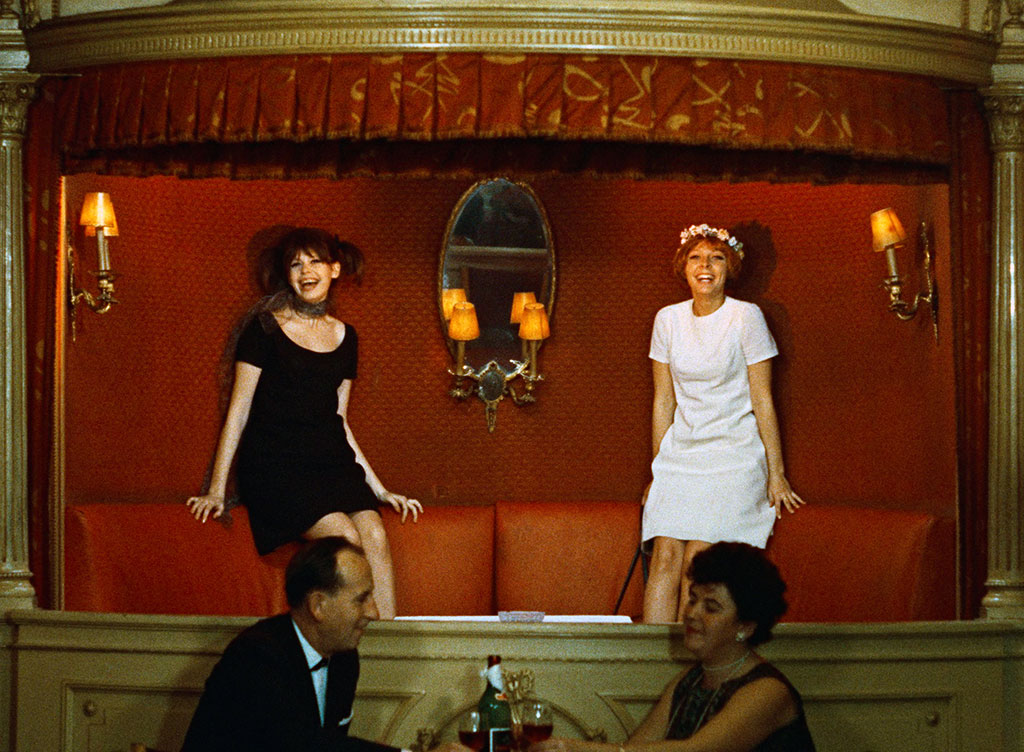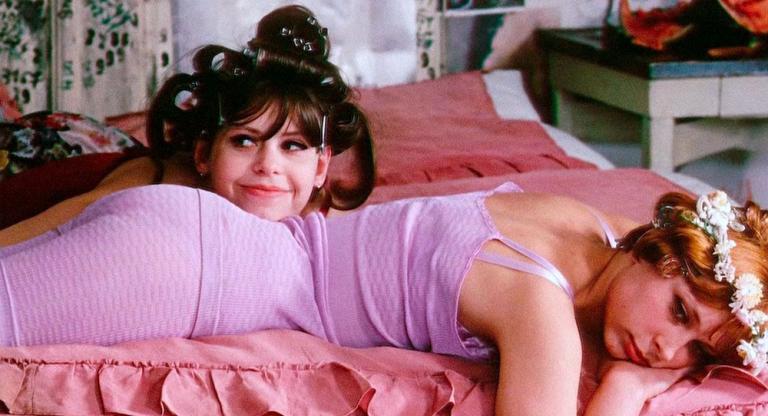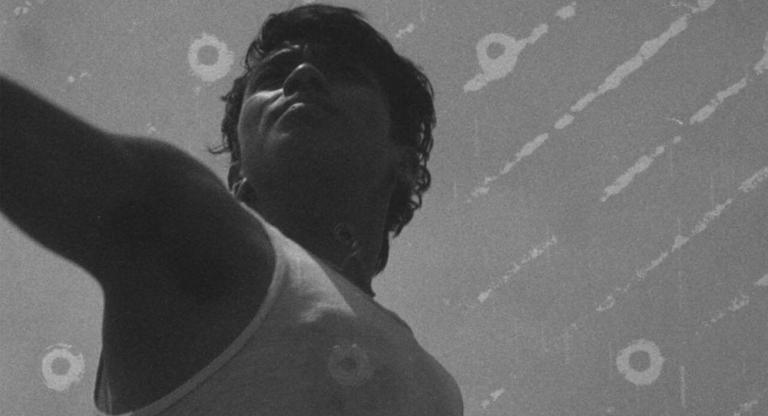This month I got sick and then went to Mexico City to attend FICUNAM. As a result, I missed out on a lot of films playing as part of June’s repertory cycles in New York. With Annie Baker’s series “Angels and Puppets” at Film at Lincoln Center, the Aki Kaurismäki mini-retrospective at Anthology Film Archives, and many more programs inaugurating the New York summer repertory season, I felt particularly affected by the fear of missing out on such great programming; this fear, which followed many months of attending several screenings on a week-to-week basis, made me feel as though I shirking my cinephilic duties as a New York filmgoer. The feeling, which I had experienced before during previous bouts of sickness and as a result of life’s sudden interventions, was also one I suspected to be common among the city’s cinephiles.
Cinephilia is no stranger to anxiety. This truth, which was detailed by the film scholar Sarah Keller in her aptly titled book Anxious Cinephilia and more bluntly shown by Angela Christlieb and Stephen Kijak in their sometimes hilarious, sometimes sad film Cinemania (2002)—a documentary about five cinephiles who watch two to five films per day—remains present in the cinephilic psyche. “I see at least three movies per week in theaters,” said the 21-year-old Luis Figueroa Caunedo, a young filmmaker and filmgoer who I’ve bumped into at numerous screenings since moving to New York. “It’s a ritual thing for me. If I go too long without seeing a movie I feel like something is off balance—it’s my vice.”
The theatrical experience—perhaps now more than ever—has gathered a profound weight among modern audiences. Our experience has been that of loving an artform purportedly on its deathbed, or at least that's how it’s been framed in the media over the last decade or so. The actual shuttering of movie theaters during the lockdown triggered by the onset of the Covid-19 pandemic only reinforced the undeniably precarious state that theatrical exhibition finds itself in. Then, there’s the fact that for us young filmgoers, the publicization of viewing habits on platforms such as Letterboxd has created a social game out of cinematic consumption and data diving.
“I think that in recent years, the digital world has created certain conditions that have influenced the psychology of consumption,” said Chloe Lizotte, Deputy Editor of MUBI’s online publication Notebook, in a conversation we shared over the phone. “With the advent of Letterboxd, the idea of going through someone’s filmography systematically is a lot more prevalent among younger viewers.” The unprecedented access to data that cinephiles enjoy nowadays, along with their growing belief that cinema requires more attention than ever before because it has lost its social capital—a feeling that has been magnified by the experience of living through times when theaters run a palpable risk of disappearance—has exacerbated the drive to not miss out on repertory titles out of fear that you can get shut out from the ongoing public discourse or, even worse, you actually let your last chance to catch a great film on the silver screen slip by.
“It’s less about comparing your life to somebody else’s,” explained the 26-year-old film critic Katarina Docalovich as she described what differentiated cinephilic-FOMO from regular forms of FOMO. “Instead, you’re thinking about the embarrassment of riches that is the film scene in New York, and not being able to participate as much as you'd like to.” The fear of missing out on repertory cycles in New York isn’t so much about cinephiles’ self-worth vis-à-vis other cinephiles, but about people who perceive the artform they love to be under an existential threat and fearing they cannot provide its most recondite figures and movements with the love, attention, and commentary they require before they fall into oblivion. Herein lies the anxiety: in the desire to do something about the seemingly imminent, but totally nebulous, feeling that cinema’s cultural marginalization will naturally be followed by its artistic end.
“I read this book when I was a teen––Patton Oswalt’s memoir about being addicted to movies, I think it’s called Silver Screen Fiend,” Docalovich told me. “When I was in high school, I was like, ‘Oh, that’s just like me for real,’ but looking back on that book as an adult I realized he had problems––you shouldn’t be consuming your entire life with moviegoing.”’ Yet, most of us—or so I can surmise from a readership subscribed to a daily film listings newsletter—do. Otherwise, we feel off balance.
“When I was younger, I used to feel more—and this is going to sound really sad—indecision about doing something other than movies that I had pre-planned and missing out on a film, that because of a logistical flaw in the universe, I wasn’t able to see,” Lizotte said. “But I grew up a little bit and part of that for me was accepting that there will always be so much to learn about and experience.” This humble statement about growing up and its emphasis on time points to the importance of breaking up busy viewing habits. After all, it is always the ability to appreciate that gets bogged down by repetitive behavior.
My own filmgoing pause earlier this month led me to some of my most memorable viewing experiences this year—a reflection of my relaxed brain attending to some stellar programming on behalf of the folks at FICUNAM. And, on June 22nd, after not having watched a film in two days and not having seen Věra Chytilová’s Daisies (1966) since high school, I caught a print of the Czech New Wave classic at the Roxy as part of the ongoing “brat collection” series. I remembered liking the film, but having not seen it in multiple years, and certainly having never seen it on the big screen, it struck me as a revelation. Viewing it that day felt like viewing it for the first time. Suddenly, all of its extravagant formal and narrative delights overwhelmed me and my typical predisposition toward watching as many new films as I possibly could out of fear of missing out on unspoken cinematic treasures felt totally phony. Cinephilic-FOMO had driven me to forget a genuine beauty and time had allowed me to relive it in its fullness once more.
Feedback Loop is a column by Nicolas Pedrero-Setzer reflecting on each month of repertory filmgoing in New York City
Thanks to Luis Figueroa Caunedo, Katarina Docalovich, and Chloe Lizotte.






